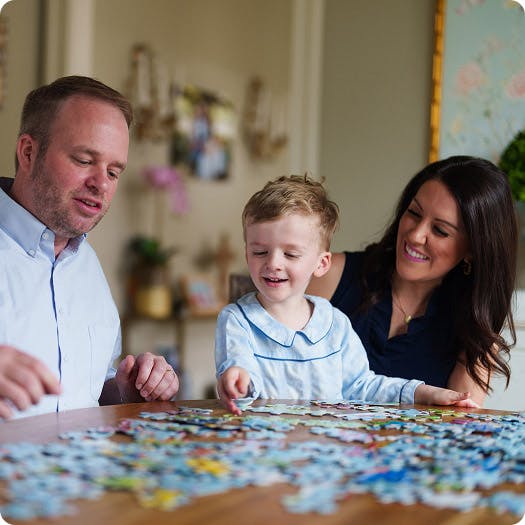Blended families are beautiful—and complex. If you’re part of one, your estate plan should be carefully tailored to reflect your relationships, your priorities, and the legal realities in Louisiana.
Here’s what you need to know to make sure no one is unintentionally left out—or unfairly favored.
Louisiana Law Doesn’t Include Stepchildren Automatically
Stepchildren are not considered legal heirs under Louisiana’s default laws. That means if you pass away without a will or trust, your stepchildren may receive nothing—even if you helped raise them from a young age.
You Must Name Stepchildren Intentionally
To include a stepchild in your estate plan, you must name them as a beneficiary in your will or trust. You can leave them specific assets, a percentage of your estate, or include them equally with biological children—it’s your choice.
Watch Out for Unintentional Disinheritance
If you leave everything to your spouse with the assumption they’ll “take care of the kids,” be aware: once you pass, your spouse can change their will or trust—and your children (especially from a prior marriage) could be left out entirely.
Use Trusts for Structure and Protection
Trusts are especially helpful in blended families. They allow you to:
- Provide for your spouse during their lifetime
- Ensure assets ultimately pass to your children or stepchildren
- Set rules around distributions to avoid conflict or mismanagement
Communicate Clearly to Avoid Hurt Feelings
When some children are included and others are not, or inherit in different amounts, it’s important to explain your intentions. A personal conversation—or a written letter—can help avoid confusion or resentment later.
Plan for Your Family, Not a Formula
Every blended family is different. We help clients design custom estate plans that reflect the people they love—not just their bloodlines.
Let’s protect your people—with a plan that fits.








